Mark Halsey talks Sol Campbell, Jose Mourinho and the decision he missed which made him ‘sick to his stomach’
Published: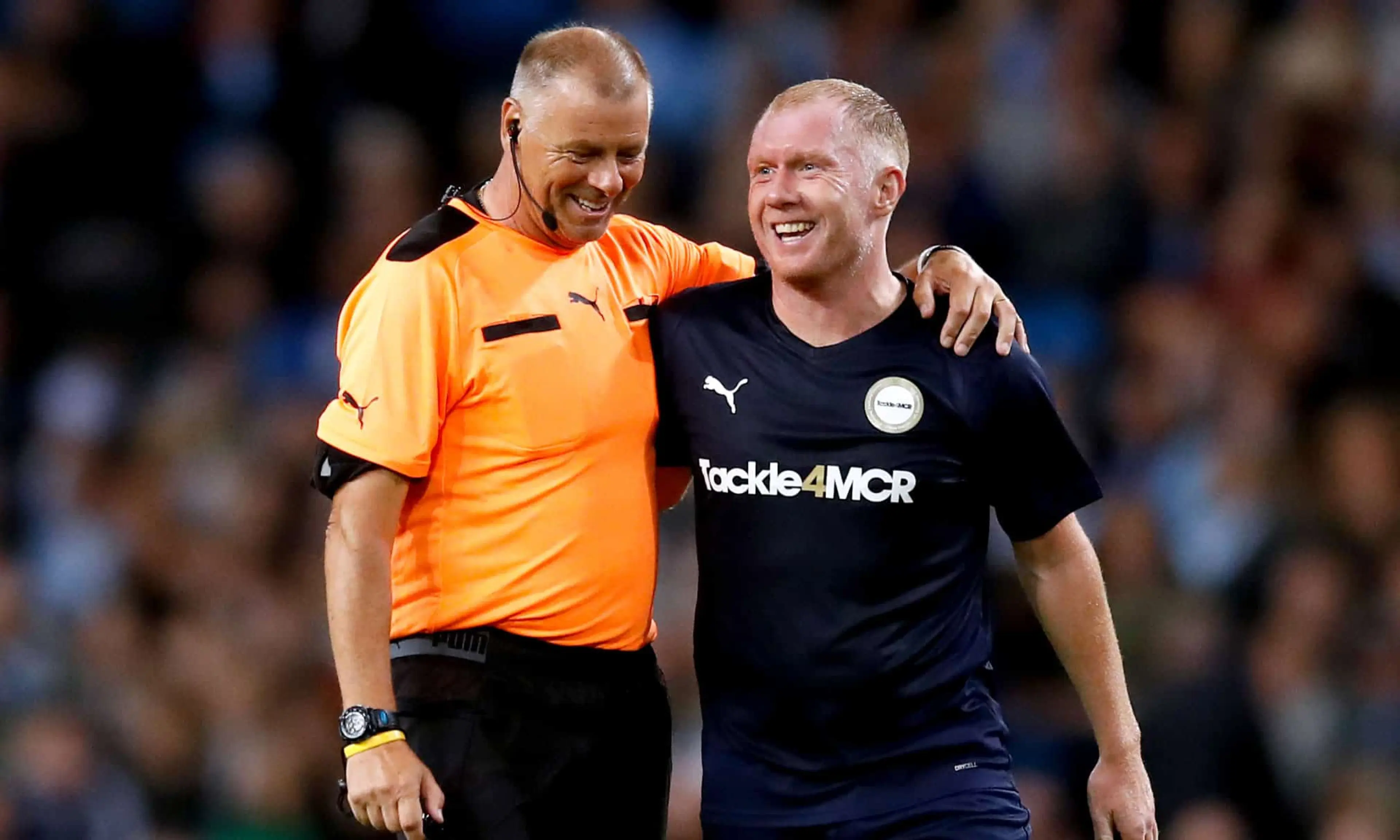
Mark Halsey was a Premier League referee for 14 years and in an exclusive interview with Ladbrokes he gave us the lowdown on what happens on and off the pitch.
Halsey underwent chemotherapy to treat a cancerous throat tumour in 2009 but returned to refereeing the following year before his retirement at the end of the 2012-13 season.
Ahead of the launch of Ladbrokes’ 5-A-Side-Bet for Sunday’s Carabao Cup final between Chelsea and Liverpool, Halsey discussed referees’ bad language, a classy gesture from Jose Mourinho and the decision he missed which left him ‘sick to his stomach’.
However, he started by talking about Sol Campbell and why he won’t be on the former Arsenal and England defender’s Christmas card list.
Sol Campbell didn’t like and refused to shake my hand before one game
I had a great rapport with many Premier League players and I’d like to think that feeling was reciprocated. I’m pretty sure there’s one man who perhaps wouldn’t have too many positive things to say about me – Sol Campbell.
I refereed Arsenal v Man United at Highbury in 2003 on the night Sol got sent off for elbowing Ole Gunnar Solskjaer in the face. Obviously, he wasn’t happy with our decision, and I didn’t realise that meant he’d miss the FA Cup final – you don’t think about that sort of thing when you’re in the middle of a game, and at the end of the day, elbowing someone is obviously violent conduct, so you’re always going to get sent off for it.
After the game, I’ve got Sol and Arsenal’s assistant manager at the time having a right go at me regarding the decision. I just told them “listen, you’ve got time to appeal, go through the proper channels”. It looked to me like it was violent conduct, so with that he missed the Cup final and that was that or so I thought…
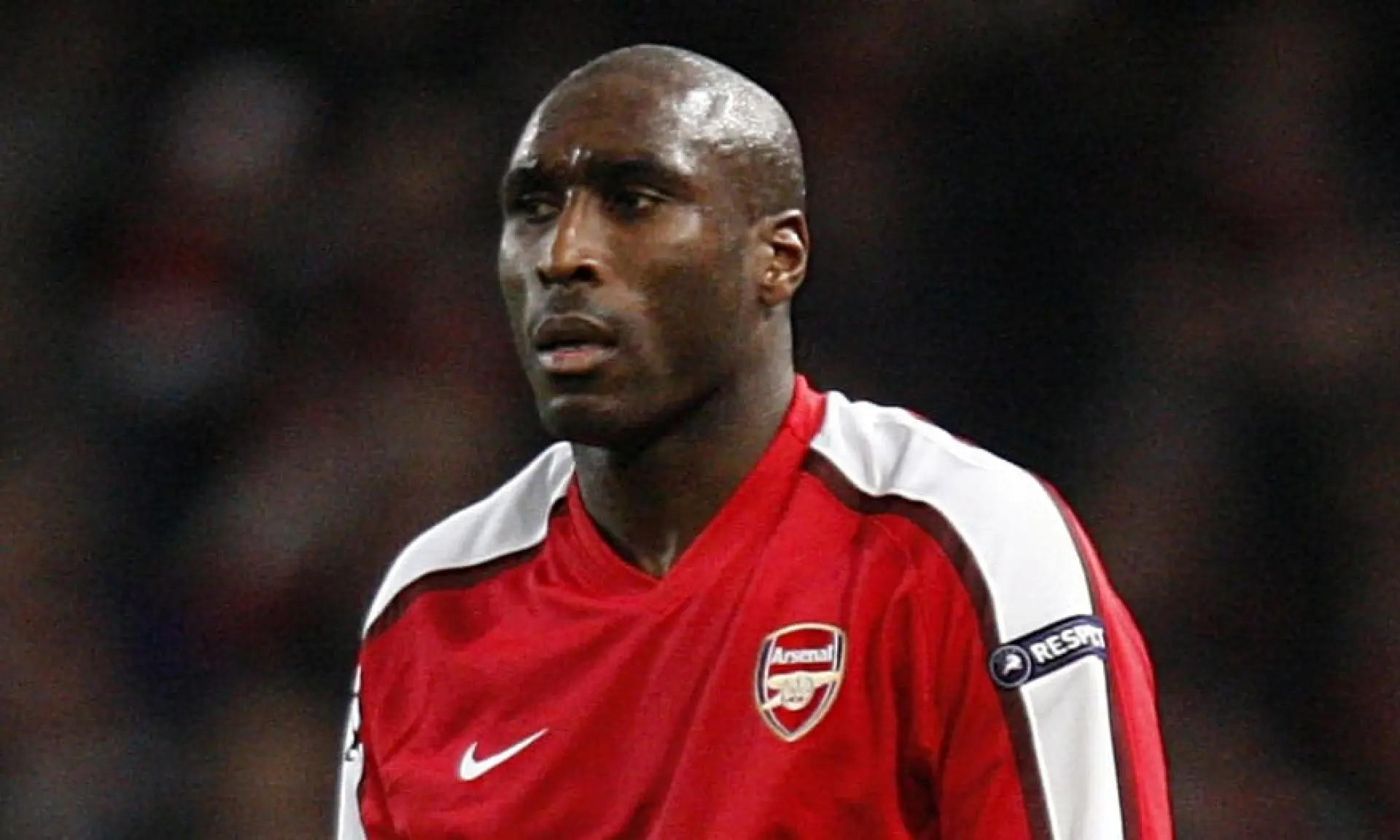
Skip forward to the start of the next season – their Invincible campaign – and which game am I refereeing on the opening weekend? Arsenal v Everton. He wouldn’t speak to me! He wouldn’t even shake my hand!
As the game got going I had to just say to him: “Sol, listen, you’ve got to talk to me. We’ve got to get on, you’re the captain.” He wasn’t having it. Anyway, about five minutes later, I couldn’t believe what happened. Thomas Gravesen skips past a couple of Arsenal players, he’s through on goal, and who should bring him down? Sol Campbell. He was denying a goalscoring opportunity, so I’ve had to send him off again. I couldn’t believe it.
So, all things considered, I can imagine Sol doesn’t like me very much at all. Sol, if you’re reading this, I apologise… no hard feelings!
Referees use bad language during games
To be honest with you, I can’t really think of a time where a player or manager has said anything so extreme it’s stuck with me to this day. Obviously, conversations go on while you’re on the field of play, and that football pitch is a shop floor.
Things are said and language is used, but I hear far worse out on the streets than what I used to have on the football pitch. But bad language is part and parcel of the game, and it’s a two-way thing. I’d be lying if I said myself or other referees didn’t use it also.
You do use it to help control the players. It’s what they expect and they like that. As long as it’s not directed at you personally, I don’t really see a problem with it. Players used to say things to me and I’d stop the game and shout them over. “What did you say? What was that?” And they’d apologise straight away, and you accept that.
Of course things go on when you’re on that pitch. but it’s just about finding that balance as referee and managing the game properly.
I always remember a certain player – who shall remain unnamed – telling me to f*** off. And I turned around and said “why don’t you f*** off?!” He’s turned around, completely confused and gone “OK Mark, no problem, sorry.” and we’ve just got on with the game.
I nipped Ronaldo’s antics in the bud early on
You don’t get star-struck when you’re refereeing – you can’t afford to. When you cross that white line, you’re refereeing 22 players, that’s it. It doesn’t matter who they are.
Cristiano Ronaldo was a wonderful player to watch up close. For me, when people compare him and Lionel Messi, you’ve got to go with Ronaldo – simply because he’s done it in every league. He’s a far better all-round player, for me.
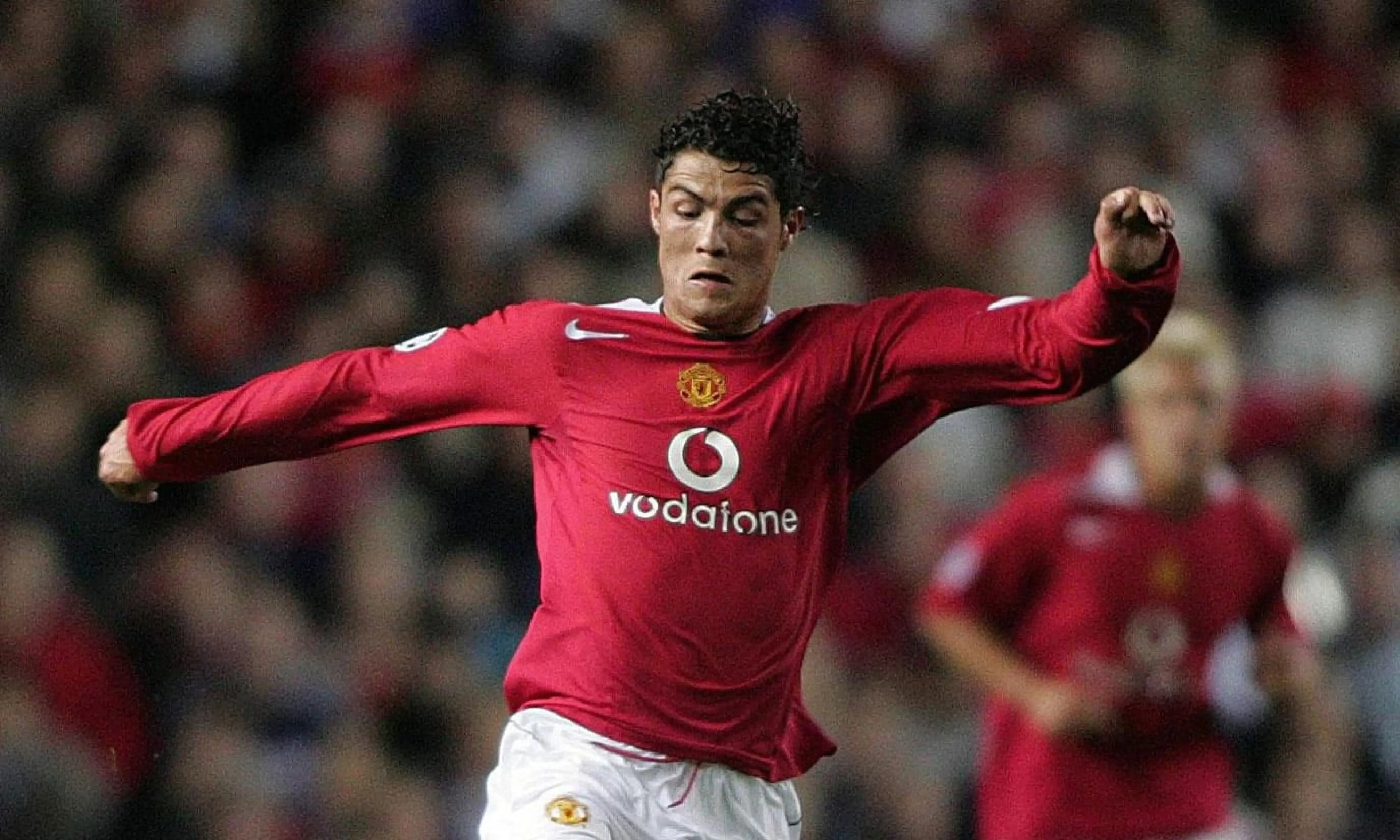
I’ve always got on well with Cristiano. I think back to one game in particular at Anfield where Liverpool were playing Manchester United. Once I’ve tossed the coin, I take it over to the fourth official and Cristiano was just standing there on the halfway line.
It was when he’d first come over in the mid-noughties. I always remember walking past him and saying “don’t be going down easy today, because you’re getting absolutely nothing out of me!” I said it a little bit differently to that, but you get what I mean. He just looked at me and smiled.
Five minutes into the game, he’s gone down – I’m not having it, I let play go on, I pass him and go “what did I say to you?!” And after that he was great!
Jose Mourinho’s touch of class during my cancer battle
I always got on well with Jose Mourinho, especially when I was coming back from cancer and wasn’t refereeing. Jose was in charge of Inter Milan and then Real Madrid at the time, so quite often he’d invite me and my mate out to Madrid to watch their games.
He’d bring us up to meet the players and have dinner with the team – me and my mate Pete. Jose made sure we got looked after while we were over there.
I think that relationship with Jose stemmed from when he was managing Chelsea in his first spell. We always got on and respected each other.
When I was battling cancer, the whole footballing world was good to me, but Jose in particular was incredible. When he got to the Champions League final with Inter, he invited me over to Madrid to watch that game. It was fantastic and a really nice touch from a great man.
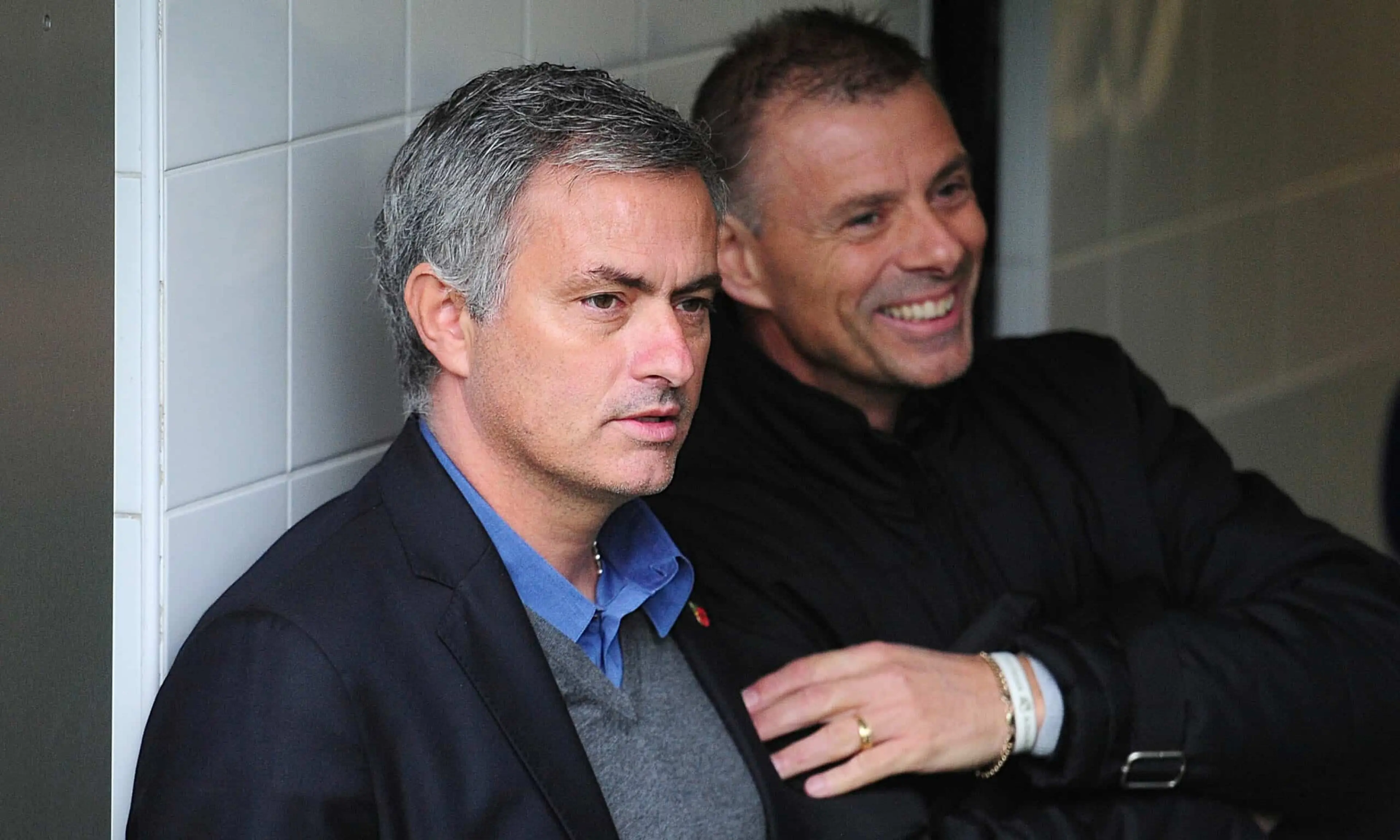
When I was battling cancer, I put on a charity dinner at Old Trafford, the cricket ground, and Jose sent a video over for us to play on the night. He took time out of his plans to put together a video, where he spoke about how he liked the way I refereed. He said I was like the 23rd player on the pitch because he could tell I loved the game and showed empathy for players and that I was very, very fair.
Listen, don’t get me wrong, there were games where he felt that I didn’t give his side certain decisions. I can remember sending off Arjen Robben at West Brom. Didier Drogba was causing me problems all game, trying to get Albion players sent off, and I ended up showing Robben a red card.
So there are definitely times where Jose has felt I’ve given the wrong decision against his team. But it comes down to the way you conduct yourself, and I think Jose always respected me in that regard, and that’s why we formed that relationship in later years.
I had to have a meeting with my boss about Callum McManaman’s horrible ‘two red-card tackles which I missed – I couldn’t eat for three days
I used to take my work home with me, for sure. I’d go home thinking about the game I’d just refereed. You speak with the appropriate people after the full-time whistle and you learn all the things you did particularly well, and sometimes not so well.
So when it’s your job to make these big calls, of course it stays with you when you get one wrong. It can be a long drive home, as well. Sometimes you’ll spend the best part of three or four hours on your own, travelling home, letting certain decisions eat away at you.
There’s no chance I’m putting the radio on and listening to what people are saying about my performance.
I always remember a game between Wigan and Newcastle in 2013 – there was a really poor challenge by Callum McManaman on Massadio Haidara which left the Newcastle lad in hospital, I think.
But just as the challenge went in, a Newcastle player ran straight in front of me, so I’m basically looking at a brick wall. I didn’t see the extent of the challenge, all I saw was that the ball had come away, and no player instantly reacted.
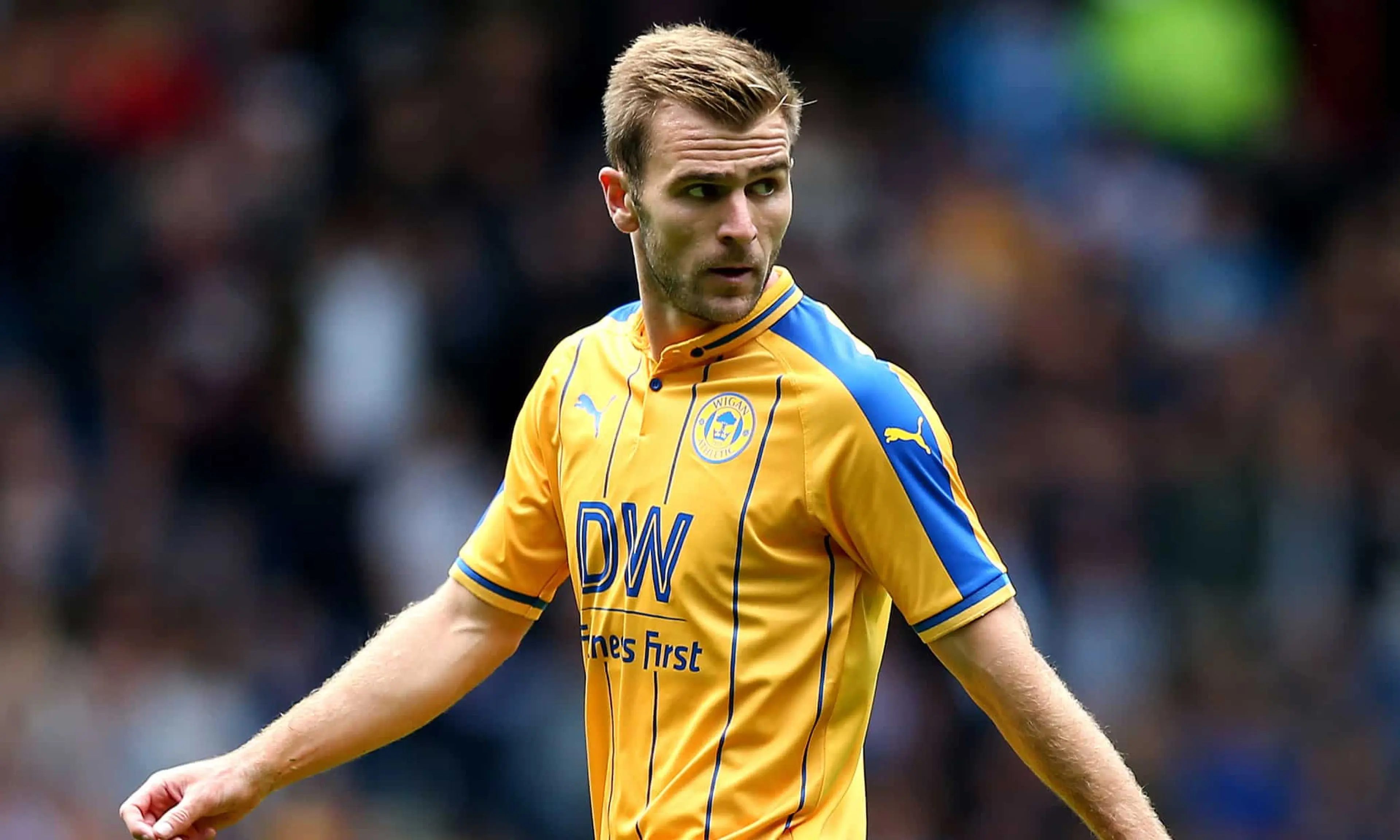
Obviously at half-time, the dugouts have seen the challenge and that’s where the reactions start. I’d been told about it at half-time, and then when I got home and watched the clip back, I couldn’t believe I’d missed it. I could not believe it. It was two red cards; it wasn’t just one, it was a horrendous challenge.
I took a lot of stick for that, from all corners. I took a lot of stick from my evaluators and had to have a meeting with my general manager.
You learn from those moments, though. You look at your positioning, your movement, anticipation of play, sprinting ability. Should I have got myself wider? You look at all aspects of the decision and learn from it.
It took me two or three days to get over that incident in particular, though. I felt sick to my stomach for missing it. I couldn’t eat.
Martin O’Neill and Alan Pardew gave me the worst dressing downs – Pardew hid behind a door to confront me!
There were a couple of incidents that instantly spring to mind for me when it comes to managers singling me out and giving me what for during my career.
One took place during a Man City game against Aston Villa, and it came from Martin O’Neill, who was Villa’s manager at the time. Just before half-time, I awarded a penalty to City because the Villa goalkeeper had come out and flattened one of their players.
Martin and John Robertson, his assistant, were going absolutely ballistic on the sideline. Joey Barton misses from the spot and Villa go in 1-0 at half-time.
I’m walking down the tunnel, and who’s waiting for me? Martin and John. Both of them. They absolutely tore into me. If I’m looking at it now, I probably could have sent them off for the way they reacted. But that’s where you have to show some sort of empathy and understand their frustrations.
We’re in a results business, and one wrong decision from a referee might end up costing a manager his job. I was confident in what I saw, so I just closed my ears and blocked it out, because I knew they were abusing me.
They were shouting some horrible stuff at me. I just ignored it, walked past them, into my dressing room, sat down with the officials, had a cup of tea and spoke about the game.
All of a sudden, there’s a knock at the door. I knew it would happen. No one else is supposed to come near our dressing room at half-time or until 30 minutes after a game.
“Come in!” I shout. It was John Robertson. I went “John ” and he interrupted me. “Let me start. I’ve got to apologise to you. I want, and need, to apologise to you on behalf of myself and Martin. We’ve just seen it, and it’s a clear penalty. My apologies.” You accept it and move on for the good of the game.
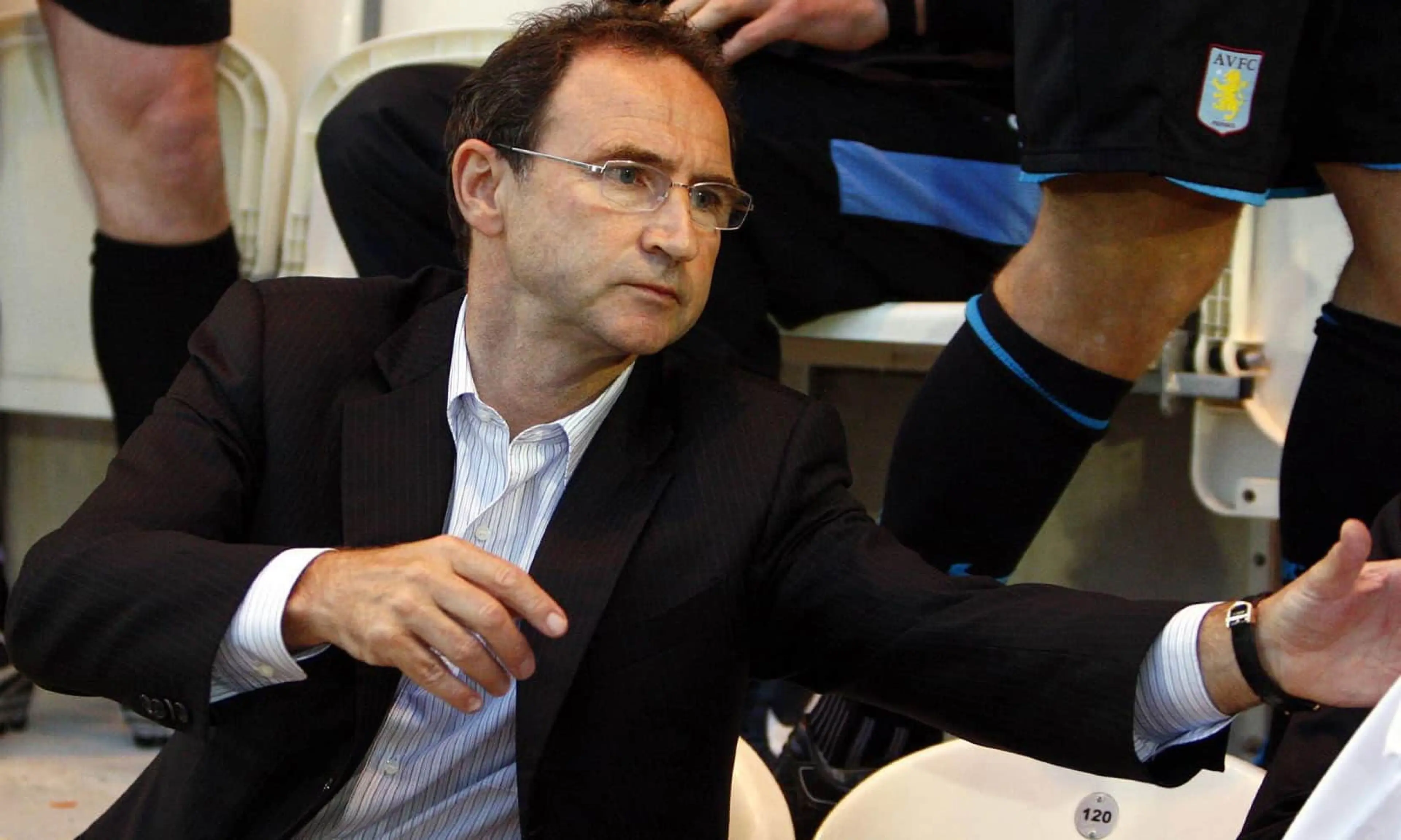
And then there’s the infamous Wigan v Newcastle game with that horrendous tackle challenge from Callum McManaman on Massadio Haidara.
It’s a blatant red card, but I just happened to miss it. It wasn’t at half-time, but at full-time in that game. To make it worse on that day, Wigan had nicked a winner in the 90th minute, so Newcastle had even more reason to be upset.
As you walk down the tunnel at Wigan, the away team’s dressing room is right in front of you, and the home team’s is round to the left. Ours is round to the right. You’ve got two double doors to go through, and at this point after the match, everyone has already gone in.
But Alan Pardew has hidden behind these doors, waiting for me. As soon as I walk past him, he’s giving me some absolutely torrent abuse. I knew at half-time I’d missed a poor, poor challenge. Apparently there was a slight handball in the build-up to Wigan’s winner as well.
I couldn’t see it, but I know Alan was angry with that decision. I was debating what to do, because I absolutely should have called him into my dressing room and given him a red card for some of the things he’d said to me.
But, having been told about the challenge I’d missed – and I’m not condoning the language he used – I felt he had good reason to have a go at me. I just left it at that. Rightly or wrongly, I ignored it.
Fair play to Alan on this occasion, by the way. Monday morning comes around and I’ve got a call from him. He wanted to apologise profusely for what he did at the end of the game.
I told him I didn’t have a problem with it or him, and went on to explain what had happened from my perspective. He told me it wasn’t my fault, because one of his players had run directly in line with me, so he didn’t blame me at all.
I thanked him and told him how much I appreciated it, because he nipped it in the bud at the first chance he got. I’ve got a lot of time for him because of that.








